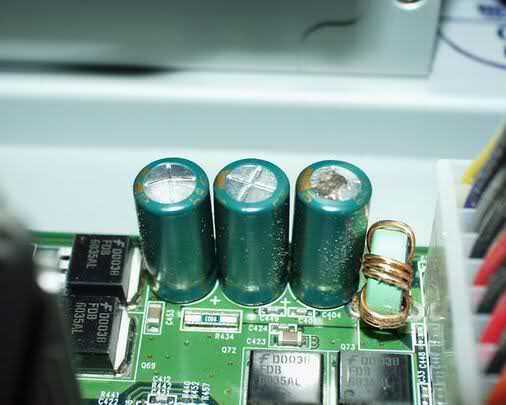2
I have a problem with one computer.
It restarts very frequently after some time of being powered up, even being idle sometimes.
Moreover, (only in some occasions) when i push the power button it doesn't do anything (it remains shutted down)...To fix this problem i must wait some hours and then it starts working "magically" or i must disconnect the power supply cable from the motherboard and connect it again.
Finally, the well known blue screens of death randomly appears. They aren't the same, they are different.
These are the three symptoms. I have done some things to try to fix this problem but i cannot achieve that. The things i have done are the following:
I have tried changing the power supply. I have connected 2 others power supplies and the problem persisted.
I have cleaned the memories and connect them to other RAM slot, but the problem continues.
I have checked the CPU temperature with SPEED FAN and it showed that the temperature was 51ºC (Is this a high temperature for CPU?). I have cleaned the dust from the CPU but the problem persists...
I'm not at home now and i don't remember the exact models of each component, i will edit this post as soon as I arrive home with the correct specification of my computer.
CPU: Intel Pentium 4 2.6 Mhz
MOTHER: AsROCK
RAM: 256 RAM 333 mhz
HD: 80Gb WD
Power Supply: 500 watts
I have discard SO problems, hard-disk problems or memory problems because of symptom number 2 That's very strange, is like something in the mother or in the boot process.
Thanks and hope you could help me.

memtest would be the best way to isolate memory related errors. +1 – Sathyajith Bhat – 2009-11-09T17:59:14.010